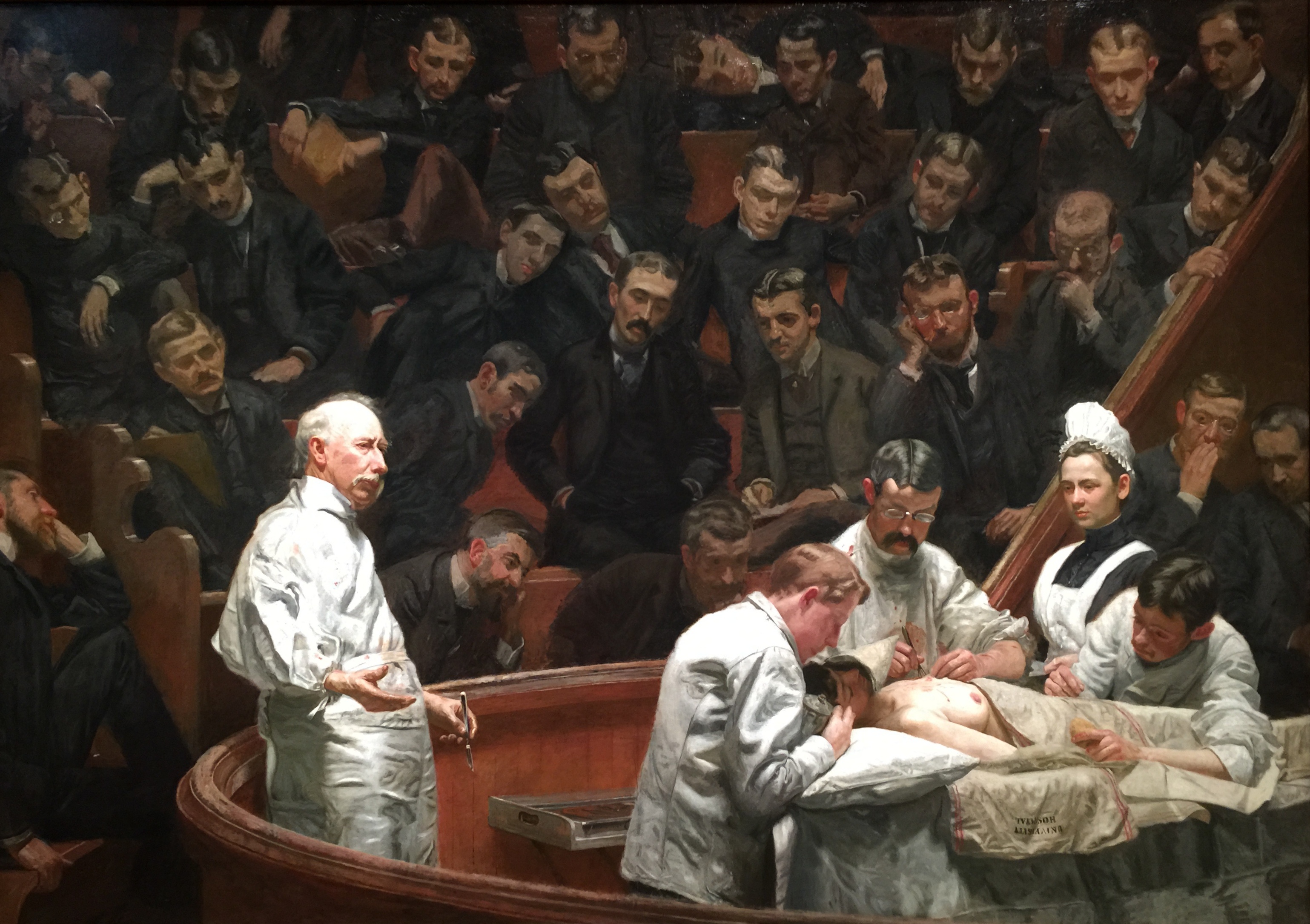If knowledge is power, scientists should easily be able to influence the behavior of others and world events. Researchers spend their entire careers discovering new knowledge—from a single cell to the whole human, from an atom to the universe….
For many, knowledge about the natural world is superseded by personal beliefs. Wisdom across disciplinary and political divides is needed to help bridge this gap. This is where institutions of higher education can provide vital support. Educating global citizens is one of the most important charges to universities, and the best way we can transcend ideology is to teach our students, regardless of their majors, to think like scientists. From American history to urban studies, we have an obligation to challenge them to be inquisitive about the world, to weigh the quality and objectivity of data presented to them, and to change their minds when confronted with contrary evidence….
Through higher education, students can gain the ability to recognize and remove themselves from echo chambers of ideologically-driven narratives and help others do the same. Students at Yale, the California Institute of Technology and the University of Waterloo, for instance, developed an Internet browser plug-in that helps users distinguish bias in their news feeds. Such innovative projects exemplify the power of universities in teaching students to use knowledge to fight disinformation….
Knowledge is power but only if individuals are able to analyze and compare information against their personal beliefs, are willing to champion data-driven decision making over ideology, and have access to a wealth of research findings to inform policy discussions and decisions.
h/t AAC&U
For a critique of the scientific life, see here.






Stephen Pinker would like this: think like a scientist, evaluate data, take contrary views. Is science the greatest contribution of the Enlightenment?